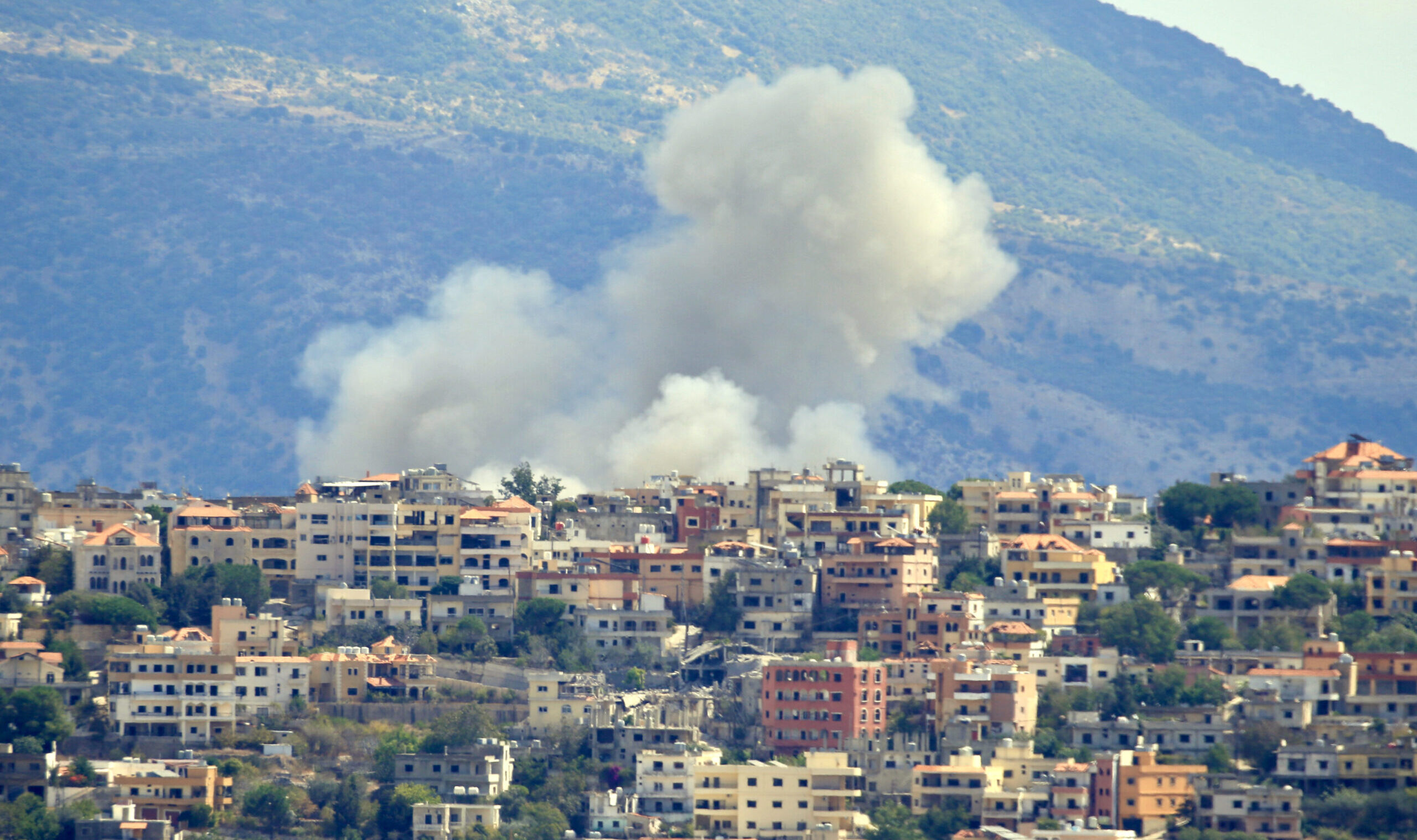Religion And Social Solidarity
David Brooks is right that culture and habits matter, but this one line rang false:
There is the influence of the voodoo religion, which spreads the message that life is capricious and planning futile.
Of course, it seems odd to count the first part of this statement against practitioners of voodoo at the present time, since a natural disaster is one of the most obvious ways in which we see the capriciousness of life on display, but more important it seems to me that Brooks’ description simply gets voodoo wrong. He is describing these beliefs as if they were fatalistic, when practitioners of voodoo believe that they can use their rites to influence things and be empowered.
There is also something about this remark that reminds me of old, fairly absurd stereotypes of Catholic societies as stagnant and uncreative. Haitians are also overwhelmingly Catholic, and many of them practice voodoo as well, but why should we assume that their religious practices are the destructive influences in their society? Isn’t it just as plausible that the social function of voodoo is attempt to reclaim some power over circumstances amid misfortunes and adversity? Viewed in that way, it could be seen at the very least as a socially stabilizing mechanism for coping with life’s burdens. The line rang false all the more because it was followed by the far more significant observation that “[t]here are high levels of social mistrust.” When trying to discern reasons for social dysfunction and weak institutions, social mistrust would seem to be the overwhelmingly more relevant factor. Further, it is probably the case that shared religious beliefs are a source of social solidarity and cohesion, and so would potentially be a means of building social trust, which would make such beliefs part of any larger solution.
